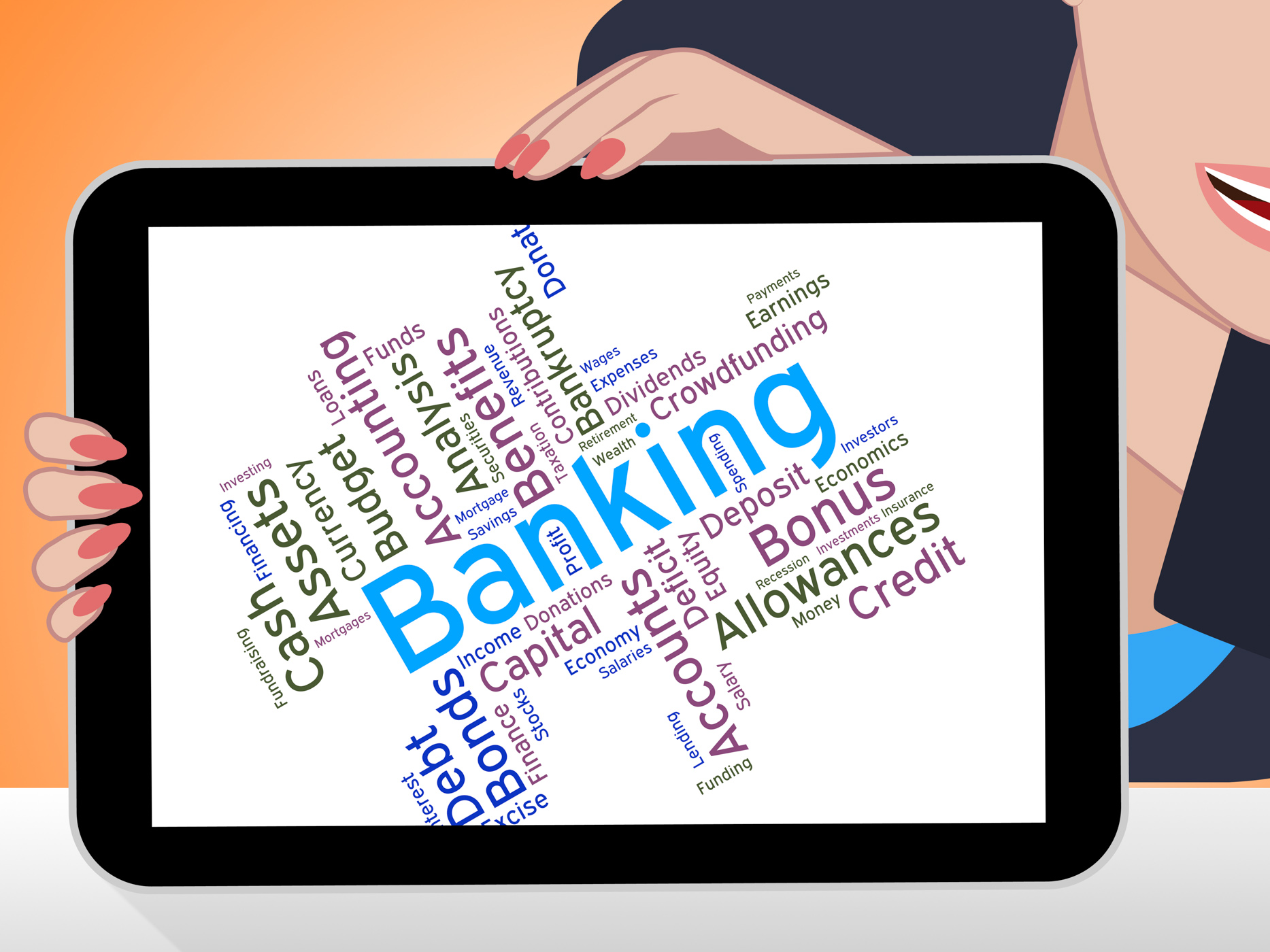Attention all investors! The Federal Reserve’s decision has sparked a heated debate in the financial world. As we wait with bated breath, experts are weighing in on how this move will impact bank stocks and investor confidence. Will it be good or bad news for your portfolio? Join us as we explore the potential ramifications of this highly anticipated announcement and what you need to know to stay ahead of the game. Let’s dive in!
What is the Federal Reserve?
The Federal Reserve is a banking and financial institution that was created in 1913 by the National Banking Act. The Fed’s primary mission is to promote economic stability by regulating the nation’s banks and providing liquidity to the banking system. In addition, the Fed oversees measures such as interest rates, which impact investment decisions made by individuals and businesses.
The Federal Reserve’s decision will have a significant impact on bank stocks and investor confidence. Banks are major investors in stock markets, so any indication that the Fed might start to raise interest rates could cause stock prices to fall and lead to a decrease in overall investor confidence. This could have a negative trickle-down effect on other sectors of the economy, putting more people out of work. It’s important to note that this decision isn’t final; it still needs to be approved by Congress. Therefore, it’s still unclear exactly what the consequences of the Fed’s decision will be.
What are its objectives?
The Federal Reserve’s decision to raise interest rates is widely expected to have a negative impact on bank stocks and investor confidence. The Fed has signaled that it plans to gradually increase interest rates from their current historic lows, in order to bring inflation back closer to its 2% goal. Higher interest rates will make it more expensive for banks to borrow money, which could lead to further reductions in spending by consumers and businesses. In addition, higher borrowing costs could prompt some banks to seek mergers or acquisitions, which would further reduce competition and drive up prices. Finally, investors may become reluctant to invest in new bank stocks if they believe that the sector is already overvalued. All of these factors could lead to a decrease in bank stock prices and an overall reduction in investor inflows into the banking sector.
This decision will likely have a significant impact on economic activity throughout the economy. As mentioned above, higher borrowing costs can cause businesses and consumers to cut back on spending, which can lead to lower GDP growth rates. Furthermore, banks are key providers of credit products and services, which are critical for stimulating economic growth. If investors lose confidence in the banking sector, they may avoid investing in this important sector of the economy, potentially limiting economic recovery efforts.
What do the Fed’s decisions mean for bank stocks and investor confidence?
As the Federal Reserve prepares to release its decision on whether or not to increase interest rates, bank stocks are likely to be impacted. The Fed has indicated that it is likely to raise rates in September and December, and banks that borrow money from the Fed tend to be more sensitive to changes in interest rates than those who do not. The higher cost of borrowing could lead to a decline in stock prices for banks that borrow from the Fed, while those banks that are able to stockpile cash may see their stock prices rise.
Overall, investors appear uncertain about what the Federal Reserve’s decision will mean for the economy and markets. This uncertainty could lead to further declines in bank stock prices if investors grow concerned that the Fed will not hike rates as soon as they had hoped, or it could lead to an increase in stock prices if investors believe that higher interest rates will spur economic growth.
How will this decision impact the economy?
The Federal Reserve is expected to announce on Wednesday whether it will raise interest rates. If the Fed hikes rates, it will likely cause the prices of bank stocks and other assets to rise, which would make saving money more expensive for consumers and decrease spending in the economy. Higher interest rates also make loans more expensive, which could lead businesses to borrow less money and invest less money in their businesses. Lower spending could lead to a decrease in economic growth.
Conclusion
The Federal Reserve’s decision to potentially raise interest rates has sent shockwaves through the banking and investment world, with many analysts predicting that this could have a negative impact on bank stocks and investor confidence. However, there is still significant uncertainty surrounding the Fed’s future actions, meaning that it is currently impossible to say for certain what the long-term consequences of their latest move will be. In the meantime, investors should stay vigilant and monitor developments closely in order to make informed decisions about where they invest their money.










